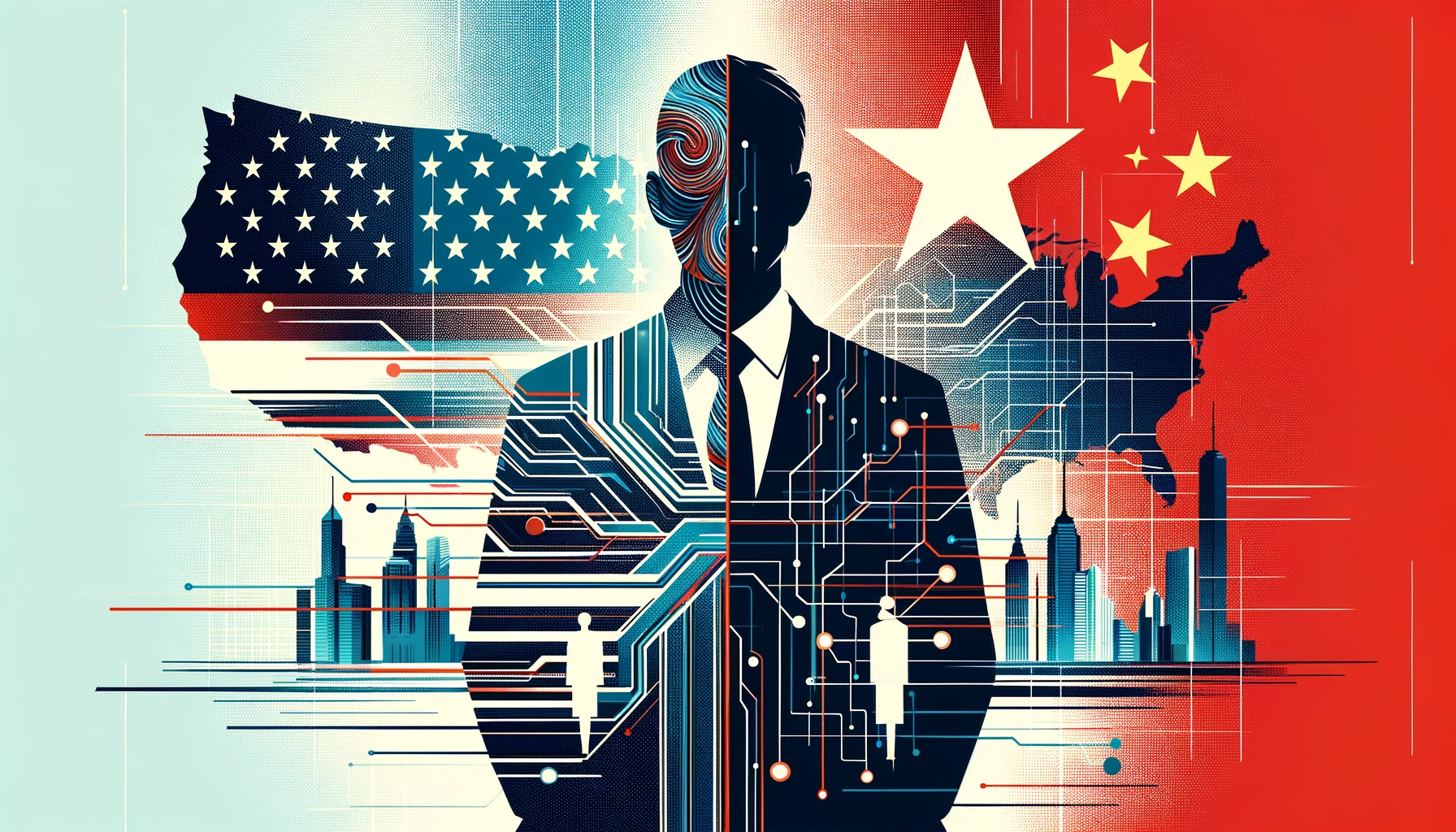
In an era where artificial intelligence (AI) is not just a buzzword but a frontier of global technological warfare, the indictment of a Google engineer by the United States Department of Justice (DOJ) marks a chilling escalation in the battle for AI supremacy. Linwei Ding, also known as Leon Ding, stands accused of a sophisticated plot to pilfer critical AI technology secrets from Google, only to allegedly ferry them to competitors half a world away in China.
On a seemingly ordinary Wednesday, the veil was lifted on what could be one of the most audacious thefts of trade secrets in recent times. The DOJ’s indictment lays bare the charges against Ding, who faces four counts related to the theft of trade secrets. Arrested in Newark, California, a stone’s throw from Google’s sprawling Silicon Valley campus, the accusations against Ding paint a picture of deceit and betrayal.
- Theft of Confidential Information: Over 500 files detailing the inner workings of Google’s AI data center hardware and software were allegedly stolen by Ding. These documents are described as foundational to building AI models that are revolutionizing industries across the globe.
- Creation of a Secret Startup: Prosecutors allege that Ding founded a startup in China without Google’s knowledge, leveraging stolen insights to potentially give foreign competitors an edge.
- Duplicitous Acts to Conceal Movements: It’s claimed Ding went as far as to have a colleague badge him into Google’s U.S. offices to cover up his absences while he worked in China.
Ding’s purported double life began unraveling with his arrest in Newark, shedding light on the complexities of safeguarding corporate secrets in the digital age. At 38, Ding’s journey from a software engineer to an alleged orchestrator of corporate espionage encapsulates the risks looming over the tech industry’s competitive landscape.
Timeline of Events
- 2019: Ding joins Google, gaining access to sensitive information due to his role in developing software for Google’s supercomputing data centers.
- May 2022: The indictment claims Ding began uploading confidential Google documents to his private Google Cloud account.
- June 2022 – March 2023: During this period, Ding’s alleged involvement with a China-based tech company deepens, highlighted by an offer to become its CTO and efforts to raise funding while in China.
- May 2023: Launch of Ding’s own AI tech startup in China, with ambitions to rival Google’s technological prowess.
If convicted, Ding faces formidable penalties, including up to 10 years in prison and a $250,000 fine for each count of theft. This case underscores the U.S. government’s stance on protecting its technological edge, with Attorney General Merrick Garland emphasizing the national security implications of such thefts.
Google’s Response and Security Measures
In the wake of the indictment, Google has been quick to distance itself from the alleged actions of what it describes as a “single junior employee.” José Castañeda, a spokesperson for Google, emphasized the company’s commitment to safeguarding its intellectual property and the proactive steps taken to address the breach.
- Investigation and Referral to Law Enforcement: Upon discovering the unauthorized access, Google promptly launched an investigation and referred the matter to the FBI.
- Continued Cooperation with Authorities: Google vows to maintain close cooperation with law enforcement agencies to protect its proprietary information.
The indictment of Linwei Ding serves as a stark reminder of the fragility of corporate secrets in the digital age. As companies like Google lead the charge in developing groundbreaking AI technologies, the allure for competitors—both domestic and international—to leapfrog advancements through espionage remains high.
- National Security Concerns: The theft of AI technology not only threatens corporate interests but also national security, as these technologies have applications in defense, healthcare, and more.
- The Challenge of Insider Threats: This case highlights the ongoing struggle against insider threats, where employees with access to critical information can become the weakest link in corporate security.
The saga of Linwei Ding is far from over, with legal proceedings set to shed more light on the intricacies of this case. However, the incident has already sparked a broader discussion about the security of intellectual property in the tech industry and the lengths to which companies and governments must go to protect the future of innovation. As AI continues to evolve, so too will the strategies of those looking to shortcut their way to the top, making cases like Ding’s a cautionary tale for Silicon Valley and beyond.
Related News:
Featured Image courtesy of DALL-E by ChatGPT
